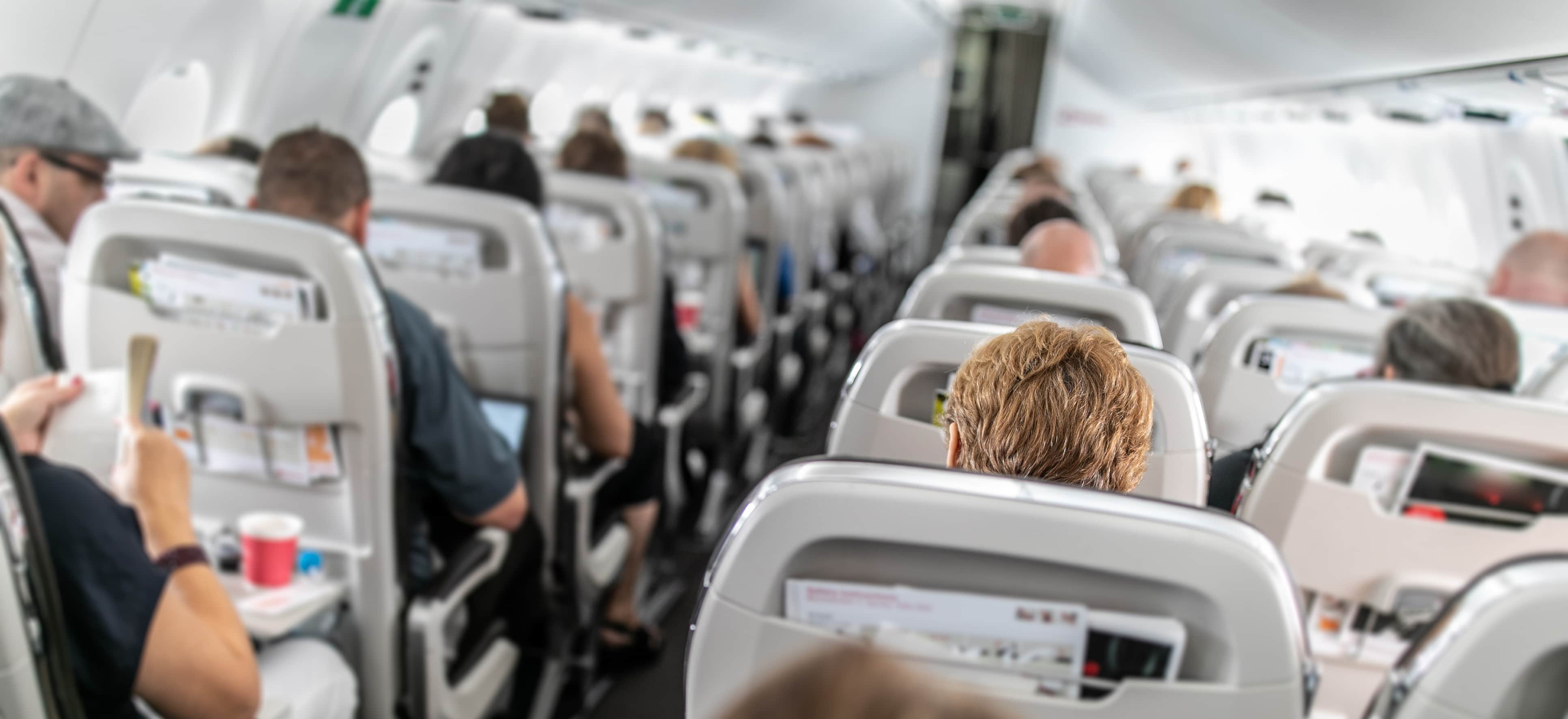On December 23, 2018, the plaintiff travelled on a WestJet flight from Palm Springs to Vancouver. The plaintiff was 93 years old and the airline arranged for a wheelchair to be waiting for her on the jet bridge. The plaintiff tripped and fell while disembarking and suffered injuries. She then sued the airline in the BC Civil Resolution Tribunal (“CRT”), seeking damages for pain and suffering. Quinn v. WestJet Airlines Ltd., 2019 BCCRT 1446 (CanLII).
The airline argued that it was not liable on the basis that no “accident” occurred as that term is defined in the Montreal Convention. The Montreal Convention is an international treaty that provides the exclusive basis for liability against an airline where passengers are injured in the course of international carriage by air. For a carrier to be liable for a passenger’s death or bodily injury, it must have been caused by an “accident” that occurred either on board the aircraft or during embarking or disembarking.
The CRT considered authorities from the Supreme Court of the United States and England’s Court of Appeal where courts have ruled that an “accident” under Article 17 of the Montreal Convention is “an unusual or unexpected event” that happens independently of anything the passenger does or fails to do. The CRT also noted some inconsistencies between the plaintiff’s allegations and the documentary evidence submitted by the airline.
The plaintiff alleged that airline staff refused to help her disembark from the aircraft. The plaintiff also alleged that as she made her way to the wheelchair waiting for her on the jet bridge, she did not notice the uneven floor between the aircraft and bridge and lost her balance. The plaintiff’s representative later provided a statement on her behalf adding an allegation that it was raining on the day of the incident and that the wet floor caused the plaintiff to slip.
However, the CRT reviewed an incident report prepared by one of the airline’s flight attendants on the day of the incident. The flight attendant reported that she asked the plaintiff if she needed any assistance but the plaintiff told her that she was “okay” to walk to the door of the aircraft. The flight attendant recalled that as the plaintiff stepped onto the jet bridge, she temporarily lost her footing and the flight attendant supported the plaintiff by placing a hand on her back and called paramedics to assist.
Furthermore, a medical report from the plaintiff’s visit to hospital on the day of the incident indicated that the plaintiff reported that while disembarking from the aircraft, she felt unsteady and fell against the cockpit door and impacted her left ribs. The report concluded that the applicant had an unsteady episode that was likely not due to a cardiac cause.
Based on the evidence reviewed, the CRT found that the incident did not constitute an “accident” under the Montreal Convention. The CRT took notice of the fact that there was no mention of an uneven or wet floor in any of the incident reports or in the medical report. The CRT found that if the plaintiff believed that uneven floor levels or wetness contributed to her fall, she likely would have mentioned this to her doctor. Furthermore the CRT held that even if the plaintiff did fall due to uneven floor levels, this would not have constituted an “accident” under the Montreal Convention and referred to a case from England’s Court of Appeal where a passenger slipped on a plastic floor strip while lowering herself into her seat. There, the Court of Appeal held that there was no incident external to the passenger and no event that happened independently of anything she failed to do. As a result, the CRT dismissed the plaintiff’s claim against the airline.
This case correctly illustrates that not every incident that occurs on an international flight where a passenger is injured will be considered an “accident”, such that a carrier may be liable for damages under the Montreal Convention.


